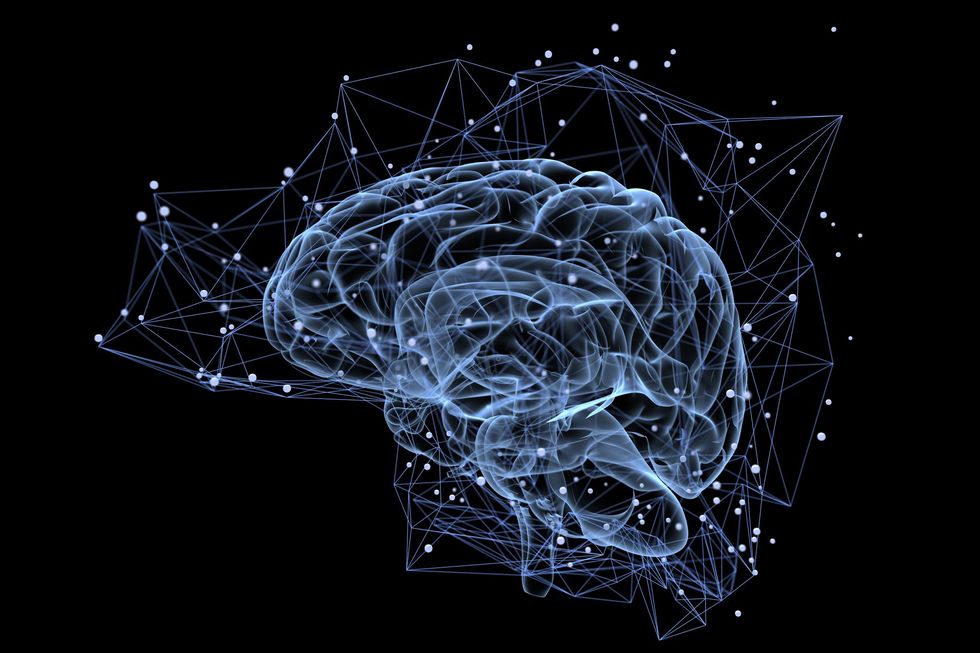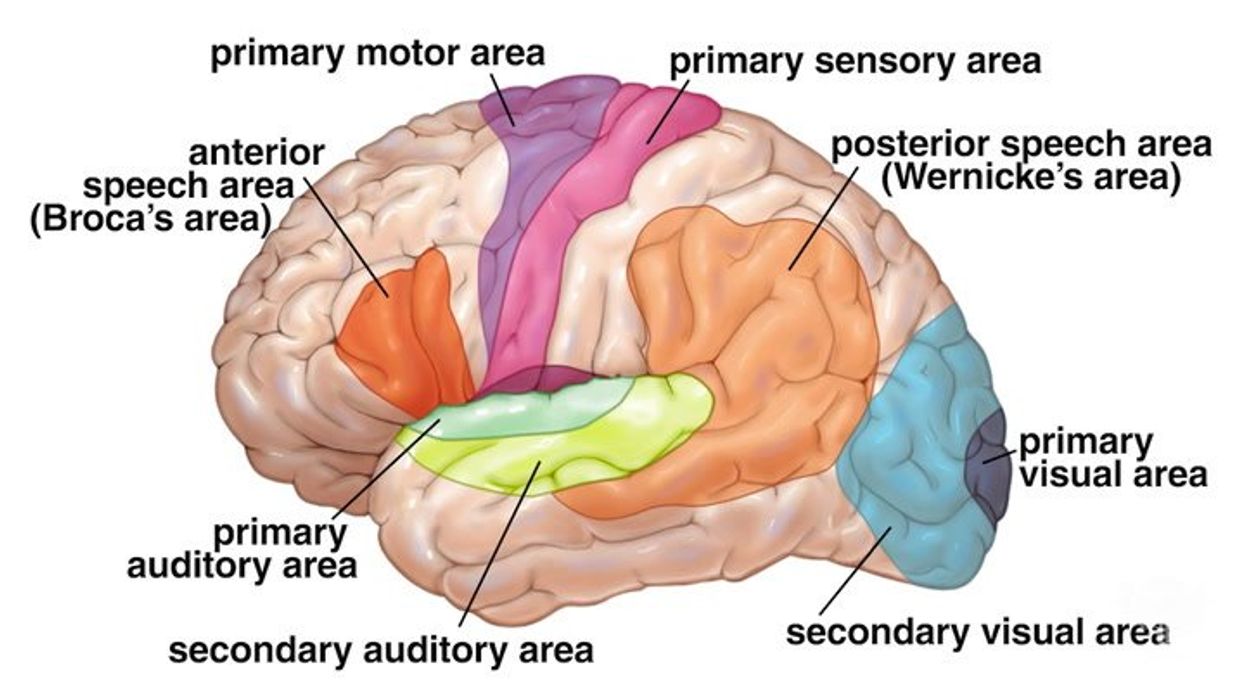Science & Tech
Harry Fletcher
Apr 21, 2023
Did You Know? The Human Brain
content.jwplatform.com
The myth that humans only use 10 per cent of their brains is exactly that - a myth.
It’s a mistruth that's been misattributed to the likes of Albert Einstein over the years. In reality, humans actually use a lot of their brain pretty much all the time, but our understanding of exactly how they actually work is changing all the time.
Now, new research has shown that the brain is actually even more powerful than previously thought.
A signal has been detected in the human brain for the first time, which could change our entire understanding of how the organ works.
Sign up to our new free Indy100 weekly newsletter
Operations are carried out through the passing of charged particles through different channels.
When channels are opened and closed in order to exchange particles in certain areas it’s known as action potential, and it’s managed by the brain chemically at the end of dendrites – where a neuron receives input from other cells.
"The dendrites are central to understanding the brain because they are at the core of what determines the computational power of single neurons,” Humboldt University neuroscientist Matthew Larkum said.

The most complex exchange of voltages is potentially the most complicated in the cerebral cortex, according to the paper publisher in the journal of Science.
Researchers working in Germany and Greece in 2020 removed brain tissue from the cortex while surgery was taking place on epileptic patients.
They found when measuring electrical activity in the tissue that cells were using both sodium irons and also using calcium. After observing this, the researchers recorded voltages from positively charged ions which had never been seen to that point.
They called them dCaAPs, which stands for “calcium-mediated dendritic action potentials”. Scientists found that they could only stop the signals once they blocked calcium.
Larkum added: "There was a 'eureka' moment when we saw the dendritic action potentials for the first time.”
The findings suggest that the newly discovered signals could hint at a network of signals that previously went undetected. According to them, certain intersections in the brain could only allow certain signals when they’re graded in a specific way.
The team wrote: "These dCaAPs enabled the dendrites of individual human neocortical pyramidal neurons to classify linearly nonseparable inputs - a computation conventionally thought to require multilayered networks."
It just shows how much is yet to be discovered about the human brain.
That particular research is slightly less controversial than the other brain study which made headlines recently, after scientists in China conducted controversial research which involves the insertion of human brain development genes into the genomes of monkeys.
Have your say in our news democracy. Click the upvote icon at the top of the page to help raise this article through the indy100 rankings.
Top 100
The Conversation (0)














